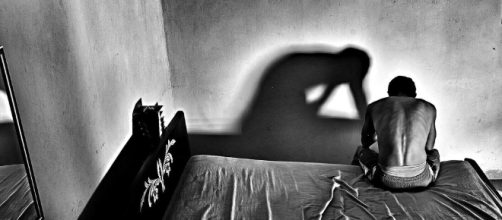Numerous medical examinations, conducted on older people, have shown the results that having a goal in life helps to sleep better. Research indicates that the certainty of having a purpose that worth living the day and a worthy goal to be achieved are factors that allow you to enjoy a good restful sleep. These factors help in a peaceful sleep with greater serenity and continuity during the night.
If you have a purpose in life, your sleep will improve
Jason Ong, who is a scientist and also works as a neurologist at Northwestern University in Chicago, conducted an important research.
Jason Ong gave a questionnaire to 800 people aged between 60 to 100 years to explore their existential motivation by putting it then in connection to the perceived quality of our sleep.
The research resulted that people who felt they had lived for important purposes in their lives had fewer sleep-related indications as compared to those who answered against that. In fact, the goal oriented people had less night-time apnea and less incidence of restless legs (that is, the uncontrollable need to move their legs while sleeping at night).
Although this research conducted with subjects of the age and particularly the old age, it is not excluded that sleep (in the presence of a purpose for which it is worth living) can not improve in other age groups including the youth.
Less sleep affects the psycho-physical health
Bad quality sleep or insufficient sleep can have very adverse effects on health starting from possible mood alterations to those of the immune system that may weaken.
Even the hormonal balance may be affected by opening the road to obesity, as sleeping little stimulates hunger. Moreover, it causes the sleepless subject to prefer high-calorie foods such as sweet and very fatty ones, and to leave the healthy foods like fruit and vegetables.
Often, however, those who sleep little or sleep very poorly wake up with headaches which in turn significantly affects the quality of life. Moreover, increases health spending.
Protein Prok 2
Restlessness has always been a major problem for millions of people and now seems no hope for the future creation of new drugs which can have a direct influence on sleep-wake rhythm.
A protein called Prok 2 is responsible for the tendency to fall asleep during the late hours.
The presence of protein Prok 2 seems to be able to act on the sleep restraint effect, typically exerted by light and induction.


